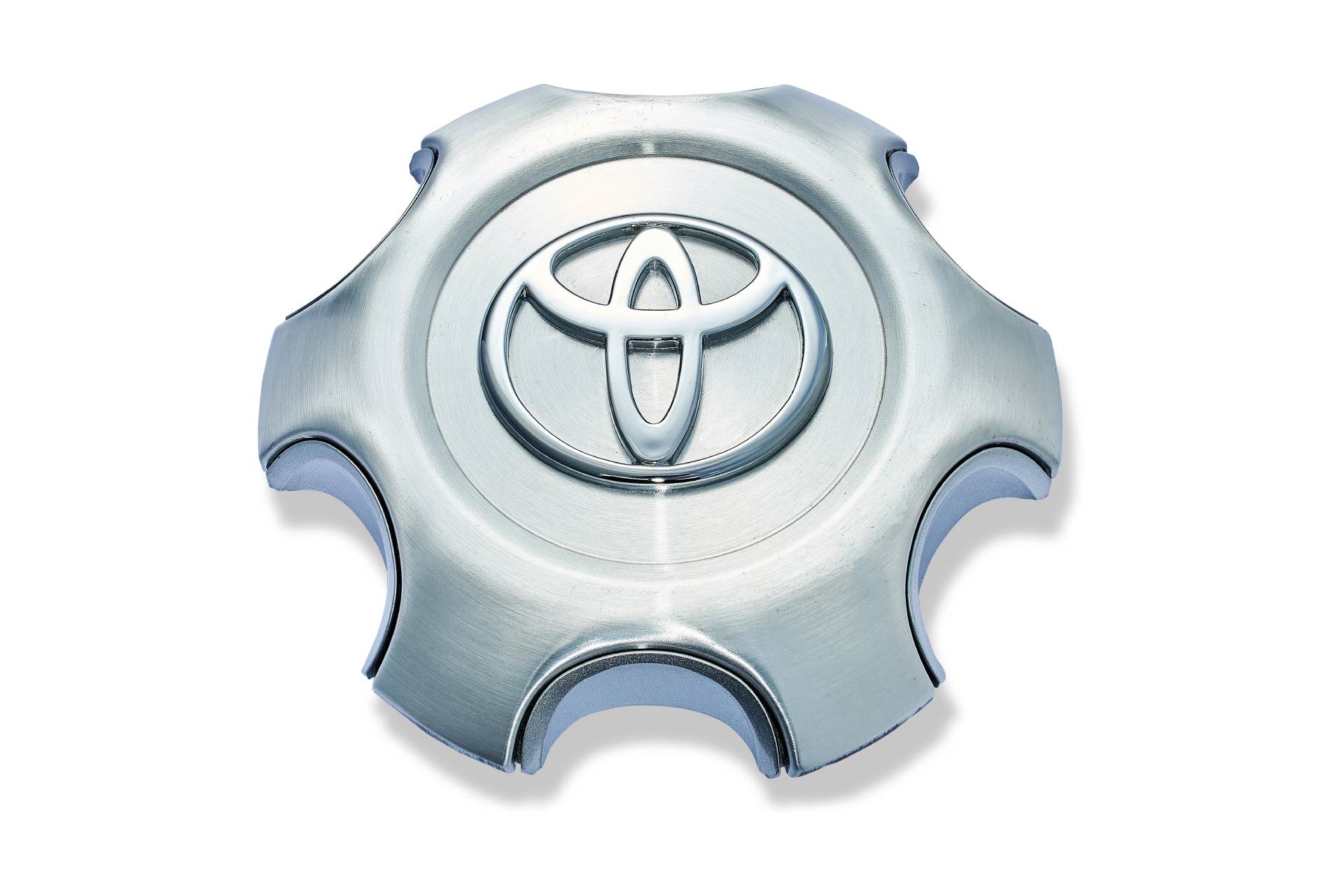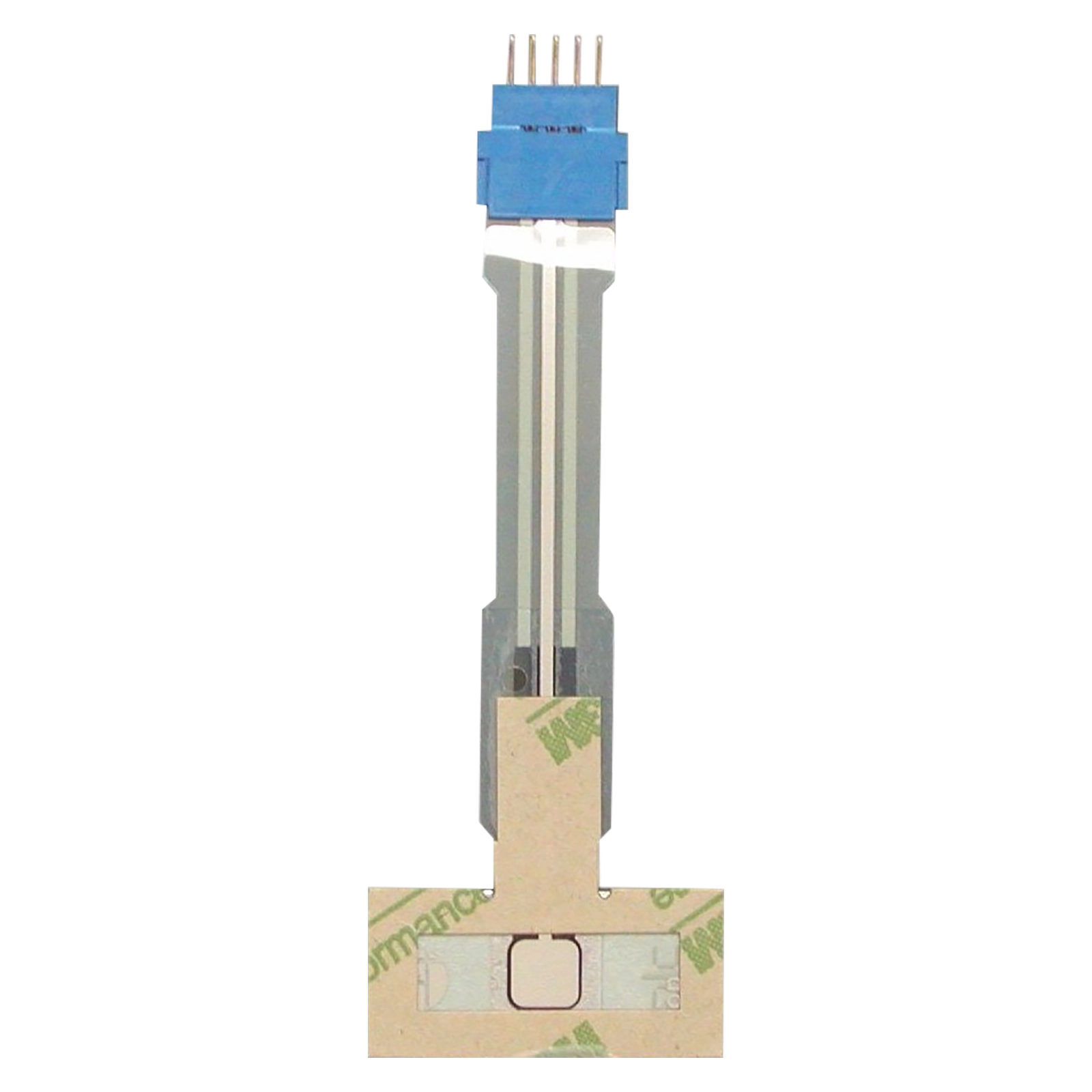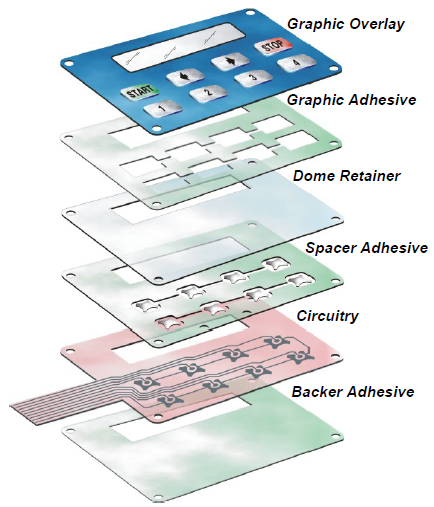How Membrane Switches Ensure High-Performance and Efficiency in Electronics
How Membrane Switches Ensure High-Performance and Efficiency in Electronics
Blog Article
Why Membrane Layer Switches Are Vital for Sturdy Control Solution
Membrane layer switches play a crucial role in making sure the resilience and integrity of control systems across different sectors. Their distinct building and construction allows them to sustain challenging environmental variables such as humidity, temperature extremes, and physical wear. This strength not only extends the life expectancy of the systems they offer but likewise lessens upkeep needs. As we check out the complex benefits of membrane switches, it ends up being apparent that their significance transcends plain functionality, affecting individual experience and operational efficiency. What further ramifications do these characteristics hold for the future of control system layout?
Introduction of Membrane Switches
Membrane layer buttons are flexible and reputable elements commonly made use of in numerous electronic control systems. These switches contain several layers, consisting of a visuals overlay, a spacer layer, and a printed circuit layer. The visuals overlay supplies both functional and aesthetic layout, while the spacer layer makes certain that the switches are triggered just when pressed. The published circuit layer contains conductive traces that complete an electric circuit when the membrane layer is pushed, making it possible for the tool to reply to individual inputs.
Membrane switches are frequently favored in applications calling for a portable and lightweight design, making them suitable for portable gadgets, medical devices, and industrial machinery. They can be personalized to satisfy certain customer needs and can incorporate various features such as backlighting, tactile comments, and several shades. In addition, membrane layer buttons are immune to dirt, dampness, and impurities, making them suitable for environments where resilience is vital.
Advantages of Resilience
In numerous applications, the resilience of membrane switches over deals substantial benefits that improve their general performance and reliability. These buttons are made to hold up against extreme atmospheres, making them optimal for use in requiring problems such as high moisture, extreme temperatures, and direct exposure to chemicals. Their robust building and construction aids to protect against damages from physical effect, ensuring long-lasting performance and lessening the need for frequent substitutes.
Additionally, membrane buttons are resistant to damage, which is crucial in applications where regular interaction takes place. This toughness translates to lower upkeep costs, as companies gain from reduced downtime and less service disturbances. The encapsulated design of membrane layer switches secures internal elements from dirt and moisture ingress, additional adding to their lifespan (membrane switch).
One more benefit is their capacity to maintain consistent efficiency gradually. With a high tolerance for mechanical tension, these buttons protect their responsive responses and electric honesty, ensuring user contentment. Inevitably, the resilience of membrane switches not only enhances operational efficiency but also fosters self-confidence in their integrity, making them a recommended choice for control systems across numerous fields.
Applications in Numerous Industries
Sturdy control systems using membrane layer switches find extensive applications throughout a variety of markets, each profiting from the special features these switches provide. In the medical industry, membrane layer buttons are essential for devices such as patient displays and diagnostic equipment, where reliability and convenience of cleaning are paramount. Their resistance to moisture and contaminants ensures they maintain functionality in sterile environments.
The automotive industry leverages membrane switches for dashboard controls and infotainment systems, where they provide sleek, low-profile user interfaces that boost individual experience. These switches are likewise developed to endure harsh problems, consisting of exposure to severe temperatures and resonances.
In industrial setups, membrane buttons are typically made use of in machinery control panels, using tactile responses and toughness necessary for high-usage applications. Their capability to resist chemicals makes them appropriate for manufacturing atmospheres where spills and impurities are regular.

Consumer electronics, such as cooking area home appliances and remote controls, additionally use membrane layer switches for their versatility and cost-effectiveness. On the whole, the versatility and durable nature of membrane switches make them vital across various industries, ensuring efficient operation and durability in control systems.
Layout and Visual Appeal
While functionality is paramount, the design and aesthetic charm of control systems furnished with membrane layer buttons play an essential function in individual interaction and general experience (membrane switch). The aesthetic style of these buttons can dramatically influence user perception and interaction. A well-designed membrane switch boosts the attractiveness of the device, making it more appealing to customers and fostering a link between the individual and the product
Membrane switches offer a good deal of flexibility in style, permitting manufacturers to customize graphics, colors, and structures to line up with brand name identification and product aesthetic appeals. Making use of vibrant colors and distinctive patterns can draw interest, while responsive responses can enhance the customer's interaction with the device. Additionally, the ability to integrate LED signs and backlighting into the membrane switch style supplies both functional and aesthetic benefits, boosting exposure and usability in numerous settings.

Enhancing Individual Experience

Additionally, membrane switches can be personalized to integrate visual interfaces, improving usability by providing information in a clear and user-friendly manner (membrane switch). This personalization can include symbols, tags, and color coding Discover More that overview users with complex performances easily. Furthermore, their adaptability permits assimilation in various settings, ensuring constant performance Get More Info whether in industrial machinery or customer electronic devices
The longevity of membrane layer buttons also plays an important role in customer experience. By enduring extreme problems and prolonged use, these switches lower the chance of system failings, therefore promoting integrity and customer confidence. Ultimately, the calculated usage of membrane changes not just boosts capability but also considerably enhances customer communication with control systems, making them an essential element in contemporary style.
Verdict

Report this page